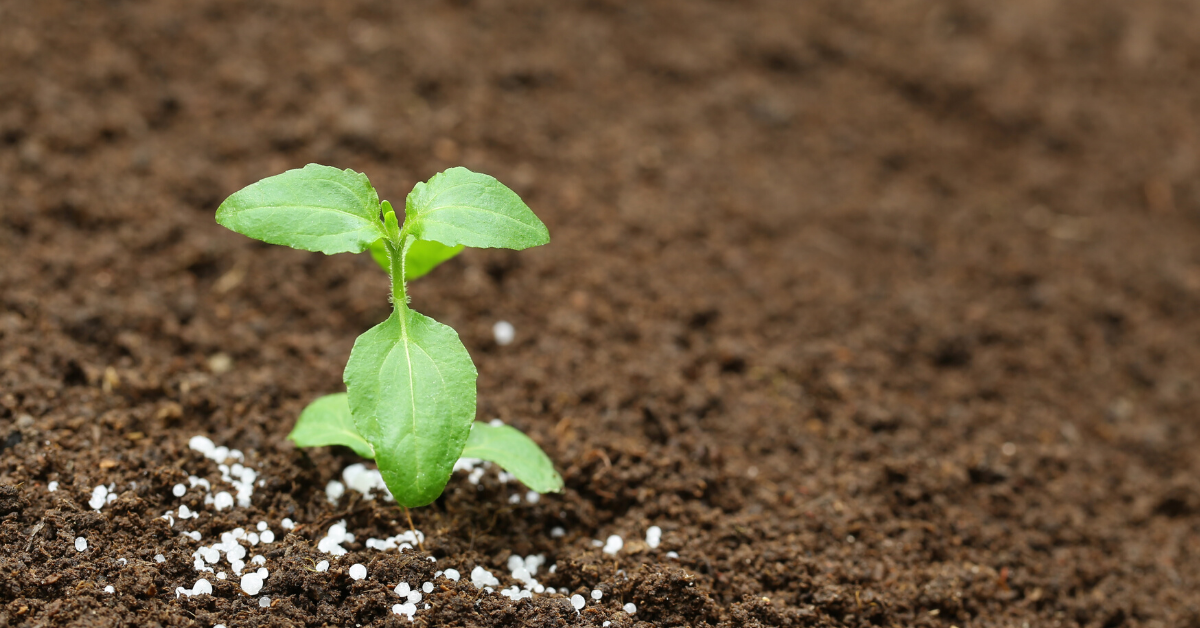A friend and grassroots organizer recently posted on Facebook that a local women’s shelter needed emergency supplies.
Several people replied that they had items to donate. My friend organized a contact-free pickup process. I went to their houses, picked up 6 bags of clothes and towels from their porches, and dropped them off at the shelter.
Though we didn’t all previously know each other, this was organized in executed in about 36 hours in the DC Mutual Aid Facebook group.
All over the country Mutual Aid Networks have been organizing at the grassroots level to empower individuals to share their talents and resources to help others in their communities.
The networks were well positioned when economic and social systems started to fail in the spread of COVID-19 to connect people making asks and offers in small and large ways.
Members can assist with a range of needs, including groceries, violence interruption, household goods and technology access.
The networks also create easy ways for people to participate in advocacy efforts and social movement activities in their communities.
And, these networks provide direct support to individuals and communities that may have a hard time getting relief from institutions — like undocumented and unhoused residents.
For decades NCRP has advocated for philanthropy to support the kinds of organizations that bolster Mutual Aid Networks – increasing support for marginalized communities and advocacy.
In recent years, conversations about equity have become more common in the sector, with funders and donors leveraging their power to advance it.
But that conversation can stall when it comes to supporting the most grassroots of efforts. Through our Power Moves initiative, we hear frustration and confusion from staff at foundations who want to advance equity but desire more guidance about how to do it.
Mutual Aid Networks, especially in this moment of crisis, are a good place to start. And given the racial disparities in the impacts of the COVID-19 virus, strong equity practices are more important than ever.
The good news is that if you already fund community organizing or advocacy, your grantee partners might already be connected to the local mutual aid network.
Here are 3 ways that funders can be responsive to the networks:
Share space and credibility
Some organizers for local mutual aid networks are working 7 days a week, at all hours of the day and night. Foundations can lend office space and supplies to organizers, even if your office is officially closed.
And foundations and larger nonprofits can provide documentation naming organizers as “essential volunteers.” With increasingly strict shelter-in-place orders, organizers and other volunteers may be at risk by moving around to support members of the community.
If organizers are questioned by law enforcement, the letter can help them navigate local laws and continue their work.
Simplify your funding process
Many funders have created rapid response funds to support their grantees during the pandemic. Yet few funders have simply given more funding to grantees without an application process.
Weissberg Foundation and Borealis Philanthropy have done so. They notified existing grantees that they would transfer a fixed amount to all of them. No application was required.
The transfer removed the administrative burden – no matter how small – from organizations that are already stressed in their response time.
This is especially true for direct service organizations and organizing groups, many of whom are a part of their local mutual aid networks.
Fund sabbaticals after the crisis
The staff and volunteers at nonprofits involved in Mutual Aid Networks are experiencing heightened levels of stress and trauma during the pandemic; yet, according to Candid data, U.S. foundations gave just $1 million to support sabbaticals between 2006 and 2017.
Organizers will need the opportunity to heal without worrying about time lost from existing work or loss of income.
If you are not already funding movements, now is the time to start. We know that the COVID-19 pandemic is harming Black, Indigenous and people of color the most. We know that people who are incarcerated, experiencing homelessness or who are undocumented are most vulnerable to the disease.
Mutual Aid Networks are a powerful entry point to collections of direct service organizations, community organizing groups and advocates who reach the most marginalized members of our communities.
These networks empower individual community members across race, class and gender to better understand the systems and structures that are failing right now, and provide alternatives to them.
By supporting organizations involved in Mutual Aid Networks with funding and resources, foundations and donors can lay the groundwork for leveraging their power to support movements in the long-term.
Jeanné Lewis is vice president and chief engagement officer at NCRP, and volunteers with the local Mutual Aid Network and direct service organizations in her city. For more information about Mutual Aid Networks and other COVID-19 resources for philanthropy, visit NCRP’s COVID-19 hub.














































































































































































































































































































































































































Leave a Reply